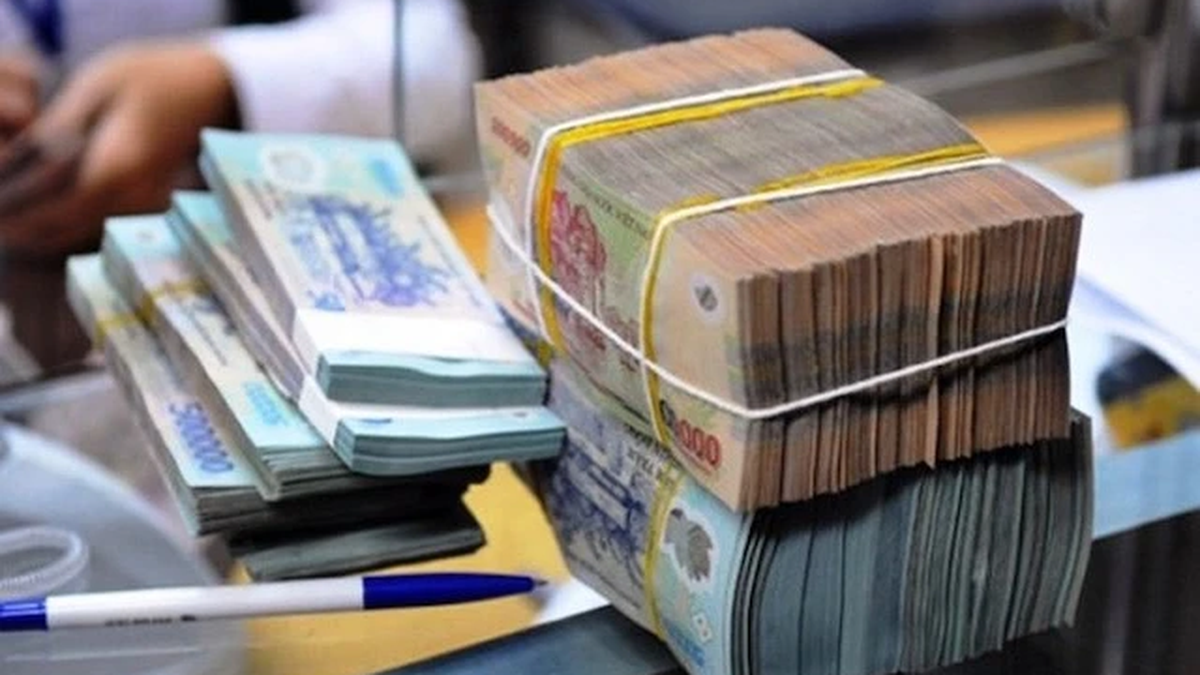 |
| Russia finds new markets for oil, despite sanctions imposed by G7 countries. (Source: Energy Intelligence) |
Bloomberg quoted Ms. Yellen as saying that Washington was ready to act to deal with the above situation, but did not specify how.
According to the US Treasury Secretary, Russia’s oil revenues have been severely affected since the oil price cap was introduced. However, the effectiveness of this mechanism has decreased due to Russia’s addition of “submarine” fleet as well as adjustments to insurance policies.
The Group of Seven (G7), the European Union (EU) and Australia have imposed a price cap of $60 per barrel on Russian oil exports in December 2022. However, since the beginning of summer 2023, many price reporting agencies, consultants and media have reported that Russian crude oil has been sold above the price cap.
Data from analytics firm Kpler shows that Russian crude oil supplies have increased by 50% this spring despite G7 sanctions imposed over the conflict in Ukraine.
Russia's oil revenues could increase due to continued increases in crude prices and a reduction in discounts on its oil, the Kiev School of Economics (KSE) in Ukraine estimates.
Nearly three-quarters of Russia's seaborne crude oil was shipped without Western insurance in August, according to a Financial Times analysis of shipping and insurance records.
Russian oil producers delivered their first cargoes of CPC Blend crude to the United Arab Emirates (UAE) in August and September, opening up a new export route, four traders told Reuters .
Russia has found new markets for its oil, despite sanctions imposed by the G7 since the start of the conflict in Ukraine.
As the world's third-largest oil exporter, Russia has shipped most of its oil to China, India and Türkiye over the past year, while also sending cargoes to countries such as Brazil, Sri Lanka and Pakistan.
Source



































































































Comment (0)